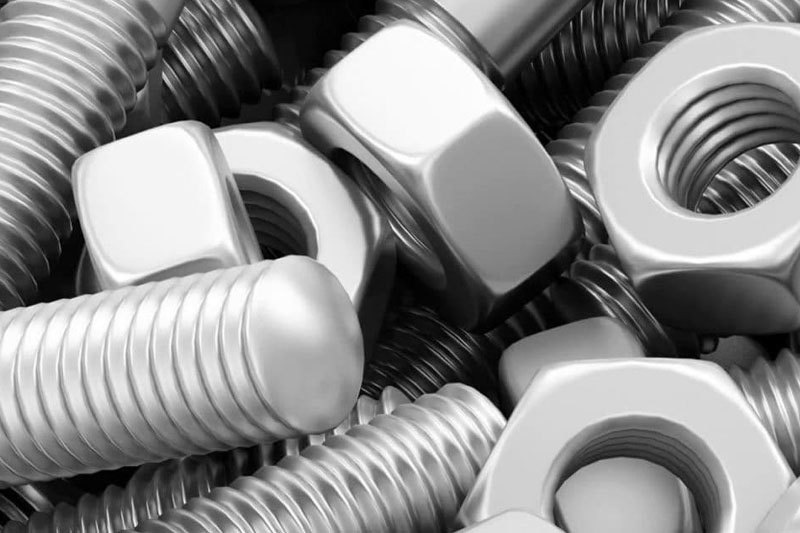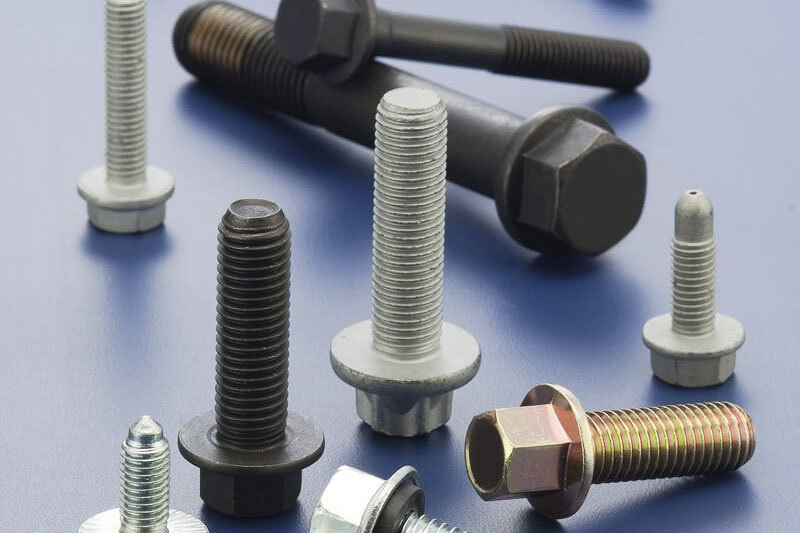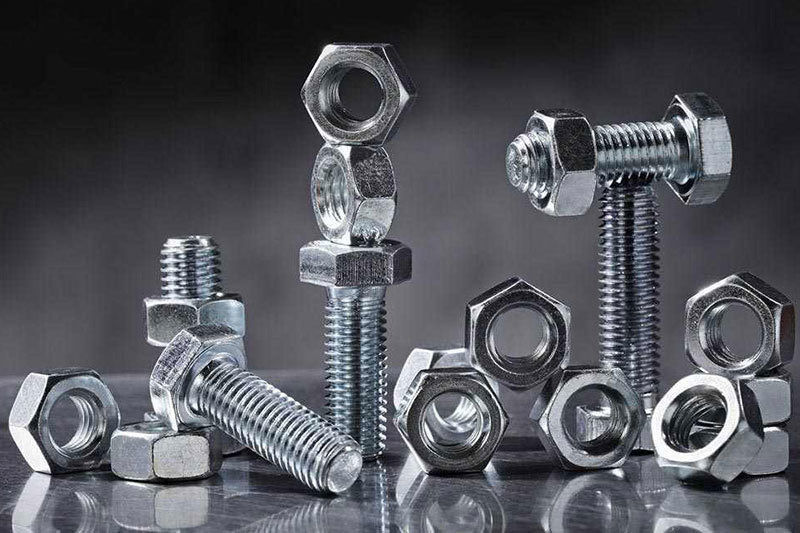What is the difference between a flange nut and a washer nut
Flange nuts and washer nuts are two common types of nuts used in fastener assemblies. Here are some differences between them:
Design: A flange nut has a wide, flat flange at its base, which provides a wider load bearing surface for the fastener and provides greater resistance to loosening and vibration. On the other hand, a washer nut has a washer integrated on the underside of the nut to distribute the load and prevent damage to the surface.
Function and features: Flange nuts are primarily used to secure components that require high-strength and vibration resistance, such as machinery and engines. They provide a superior load bearing surface and locking resistance to regular nuts, ensuring better connections and reduced loosening. Meanwhile, washer nuts are commonly used where the nut would otherwise dig into a soft material or the mating surface to prevent the nut from damaging or deforming the surface.
Application: Flange nuts are often used in woodworking and piping applications, where the flange supports the head of bolt or screw and creates a larger contact area for load distribution. Washer nuts, on the other hand, are commonly used in construction materials where resistance and surface protection are important factors, such as steel and wood.
Overall, the choice between flange nuts and washer nuts depends on the specific fastener application and requirements. Flange nuts are typically used in high-vibration and high-strength applications, while washer nuts are commonly used to protect and distribute loads and to prevent damage to surfaces.
TAG:
Next:
Related Posts
Application of fasteners in the automotive industry
What is the difference between a hex nut and a Nyloc nut
Is there a reason why the flange bolts are mounted with the bolt heads in one direction
Materials and Manufacturing Processes of Automobile Fasteners











